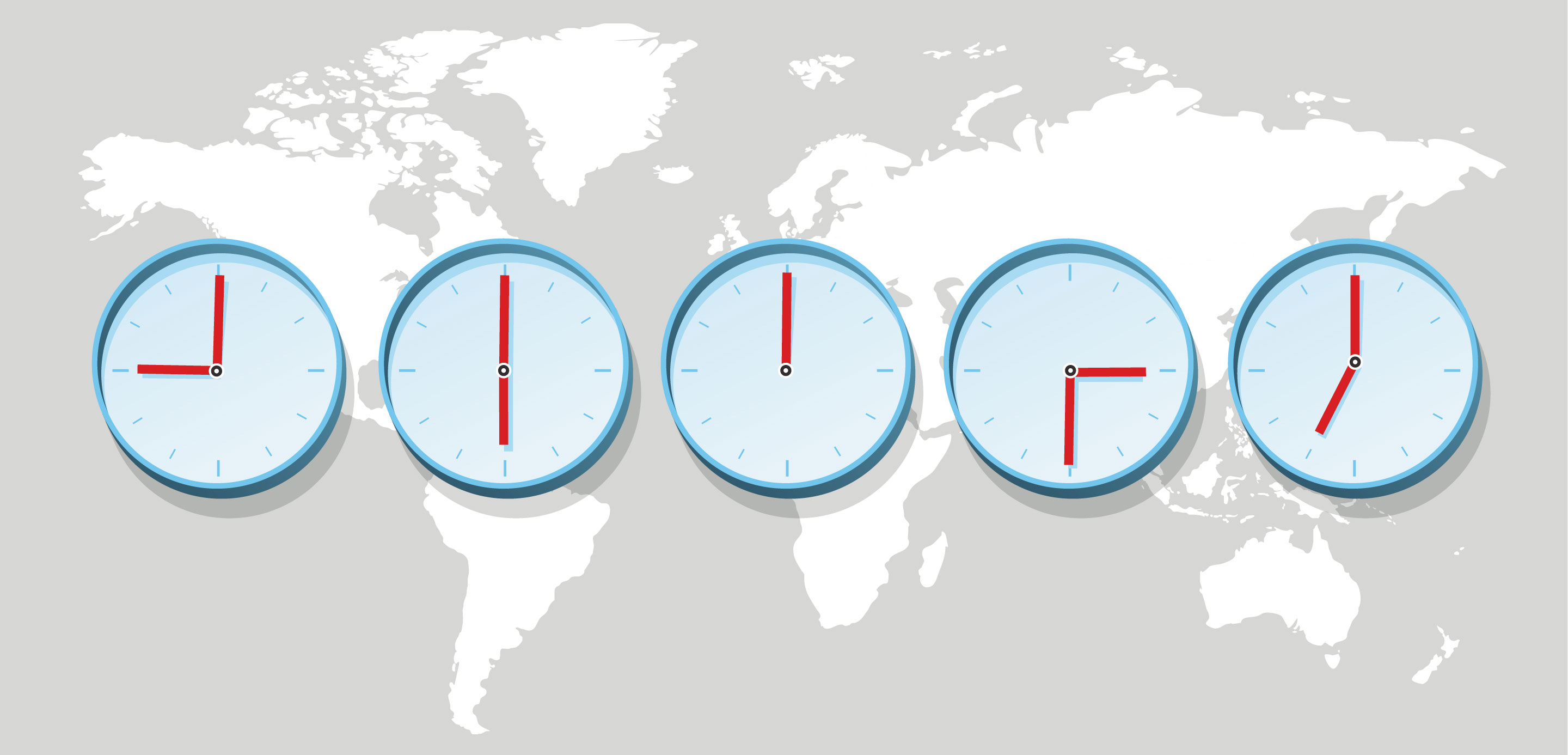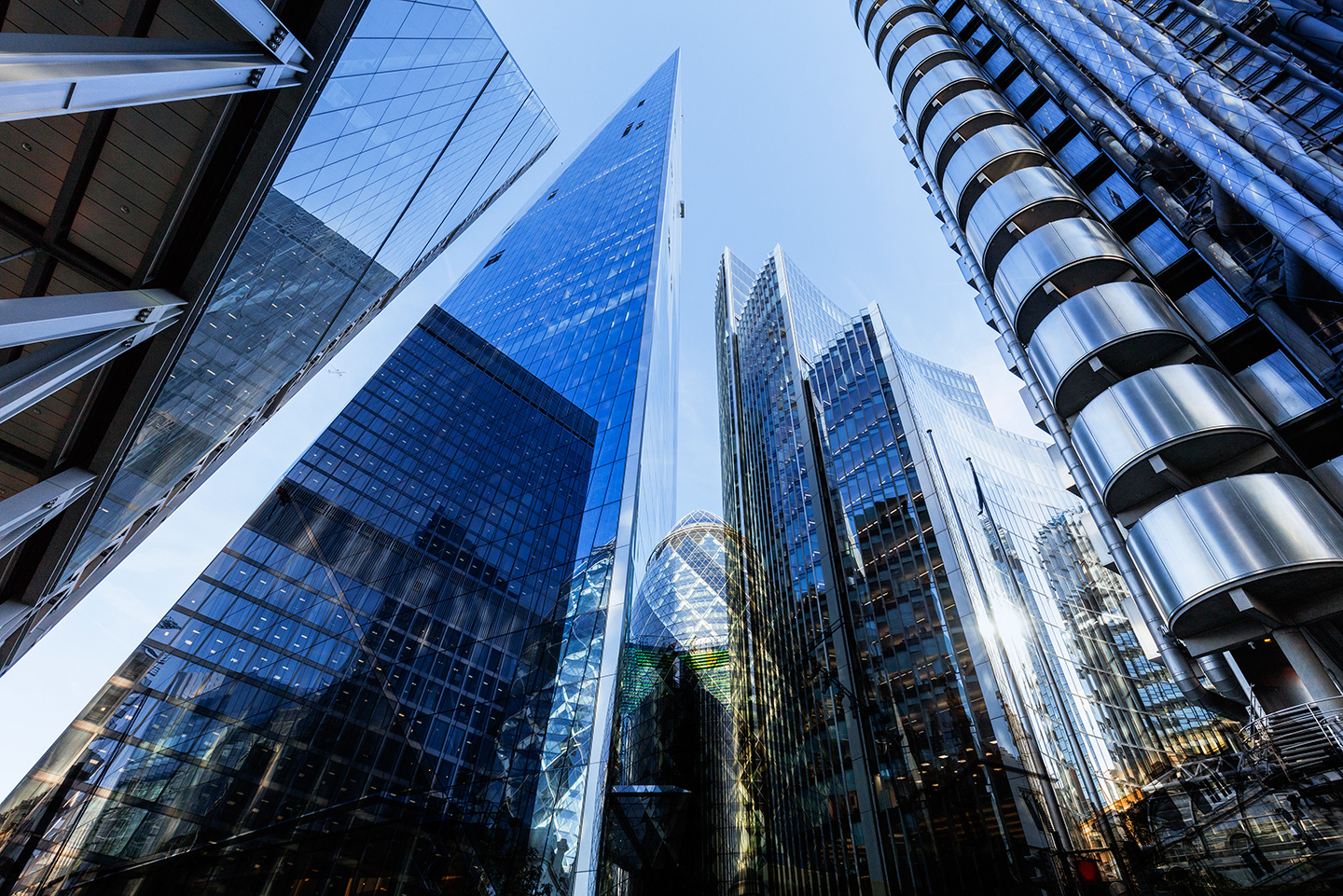Global Network Banking is a key part of HSBC Corporate and Institutional Banking, we are in over 50 markets to provide tailored solutions to support corporates’ international growth ambitions. We help connect headquarter and subsidiaries across the world, deliver consistent global banking experience anchored by one network. When you’re dealing with uncertainties, we are here to help you with, whatever is next.

Discover how we can fuel your business's growth across borders.
Your international partner for a better today and tomorrow
Customer Story
Connecting globally, Cultivating locally
HSBC’s global network and unique ‘Global Relationship Manager’ model support businesses expand internationally and capture opportunities in China.
HSBC is in over 60 markets around the world, and we have been in China for over 150 years. The role that we play is really to connect our clients with the opportunities, give them real time advice and help them to deliver on a gloal strategy with China being a key part of it.
|
Introducing International Banking
Global network with local support

Multi-task across multiple regions, with one partner
Wanting to oversee multiple regions but don't want to manage individual banks in each country? We have the ability and agility to offer dedicated coverage teams across our global network to unlock success.

Connect to growth with optimised supply chain solutions
Are complex and time-consuming supply chain issues slowing your international growth? We have the right knowledge and expertise to help manage and on-board suppliers to make your supply chain more effective.
Digital capabilities

On the go banking for on the move businesses
Digital innovation to boost operational efficiencies is at the heart of everything we do. That's why we've made many day-to-day banking tasks easier, so you can focus on your growth ambitions.

Need a better view of your global accounts? We'll see to that
Is keeping track of multiple bank accounts globally a challenge? HSBCnet gives you central access to local and international accounts for better visibility and efficiency.
Trusted partner

Wherever you go, we'll help you grow
Looking for a banking partner that can act as a trusted advisor? Our unique approach means we're with you all the way.

Navigate choppy waters to find new revenue streams
Concerned about market volatility in emerging markets? We use our know-how and expertise to guide you through local conditions and provide you with fresh opportunities.
International opportunities
If you’re looking to grow your operations in new markets, our International Business Guides can help connect you to opportunities. Discover how trading in or with these destinations could help you boost the growth of your business, with insight into the economy, infrastructure, culture and more.



